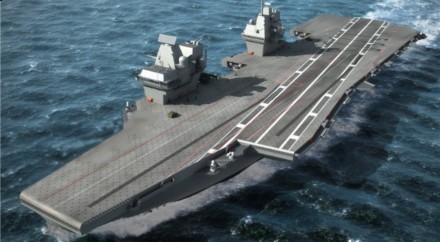Stockholders in News Corporation ought to be worried. On the evidence of his appearance before the House of Commons Culture, Media and Sport Select Committee yesterday, Rupert Murdoch is preparing a defence against any potential charge of “willful blindness” by presenting himself as a befuddled old man. He sat motionless and unawares during the shaving-foam assault on him towards the end of proceedings, it was up to Wendi Deng and an un-named woman to spring to his defence and wipe him clean afterwards, but in the three hours prior to that he had shown an equal degree of mental torpor.
The willful blindness charge matters a great deal, that’s why he needs to avoid it at all costs. It applies when executives try to deny responsibility for errors or illegal activity by their subordinates by claiming they didn’t know about it. That defence fails if it can be shown that they ought to have known but kept themselves in the dark or saw to it they were kept in the dark. The only other plea in that situation is insanity.
Some selected questions and answers from the Hearing to illustrate:
Louise Mensch MP: You are ultimately in charge of the company. Given your shock at these things being laid out before you and the fact that you didn’t know anything about them, have you instructed your editors around the world to engage in a root-and-branch review of their own news rooms to be sure that this isn’t being replicated in other News Corps papers around the globe? If not, will you do so?
Rupert Murdoch: No, but I am more than prepared to do so.
It seems incredible to me that being aware of how serious the situation is he hasn’t already launched an enquiry, but even more, when fed a leading question he still doesn’t announce that he will have an enquiry only that he is prepared to do so.
Louise Mensch MP: It is a much bigger ship, but you are in charge of it. As you said in earlier questions, you do not regard yourself as a hands-off Chief Executive; you work 10 to 12 hours a day. This terrible thing happened on your watch. Mr Murdoch, have you considered resigning?
Rupert Murdoch: No.
Louise Mensch MP: Why not?
Rupert Murdoch: Because I feel that people I trusted I am not saying who, and I don’t know what level have let me down. I think that they behaved disgracefully and betrayed the company and me, and it is for them to pay. Frankly, I think that I am the best person to clean this up.
Ms Mensch should have followed this up by asking “What will you do to clean this up?” but she did not, despite his acknowledgement that people he trusted have behaved disgracefully and betrayed the company. He knows people have lied to him or his subordinates, yet he shows no interest and has taken no steps to finding out who they are. The same line again in response to an earlier question from Tom Watson MP:
Tom Watson MP: If it can be shown to you that private investigators working for newspapers in News International used other forms of illicit surveillance like computer hacking, would you immediately introduce another investigation?
Rupert Murdoch: That would be up to the police, but we would certainly work with the police. If they wanted us to do it, we would do it. If they wanted to do it, they would do it.
A pattern emerged at the Hearing of Rupert Murdoch consistently failing to find out when he ought to have been finding out.
The track record of News Corp’s cooperation with the police is not good either. Leaving aside accusations that they were bribing members of the Metropolitan Police for information, and that they had a too-close relationship with some seniors officers, Keith Vaz, Chairman of the Home Affairs Select Committee which is also investigating the phone hacking scandal has said, “…there has been a deliberate attempt by News International to thwart investigations…” Therefore, Rupert Murdoch’s assurance that they will work with the police cannot be taken at face value.
Furthermore, any reasonable person would think that someone in Rupert Murdoch’s position would order a thorough investigation immediately upon hearing about these allegations and without waiting for the police to launch a criminal enquiry. The scale of some of the out-of-court settlements which bought the silence of some News of the World victims, and the interference with some of the evidence by senior News of the World executives points to a culture of denial and cover-up. Did that culture extend all the way up to the top of News Corp?
Rupert Murdoch is in an invidious position. If he really is a befuddled old man from who other people were keeping the truth, then he isn’t a fit and proper person to be running such a large organisation. If on the other hand he is a fit and proper person to be running the show, he cannot deny responsibility for his failings.

